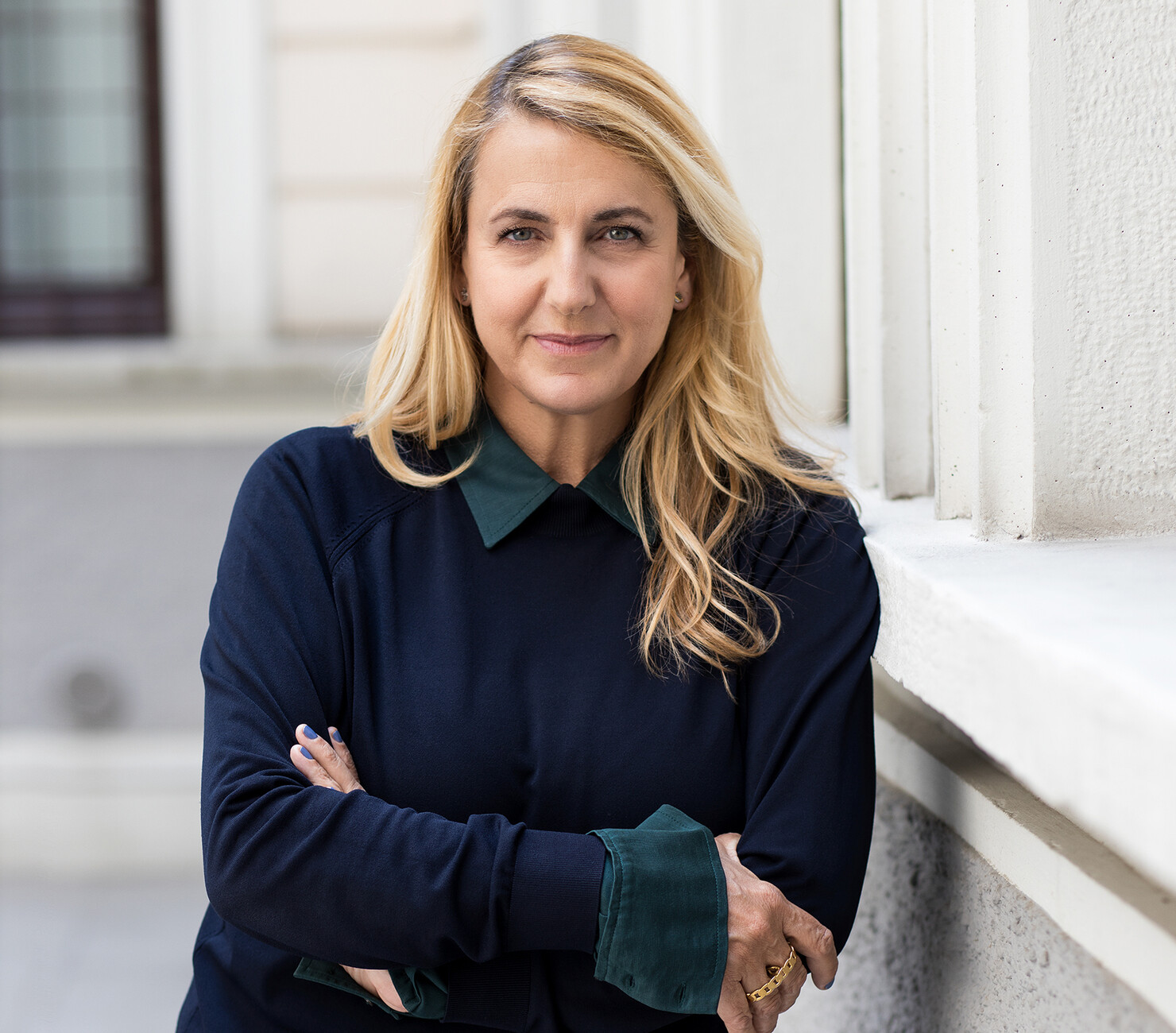Transfer of knowledge
The aim of "Mentorship Milano" is to create a network that supports young women in their choice of career and offers them guidance for their first steps in the subject field in question. Likewise, with the programme, the city of Milan wants to raise awareness for gender equality, strengthen their role in society and overall contribute to overcoming the gender gap in the workplace. In total, a good 270 female mentors from a wide range of industries have been selected to promote the autonomy of young women in their career choices – the designer and architect Patricia Urquiola is one of them.
Esther Strerath: What was your first thought, when – I suppose it was the Comune di Milano – asked you to participate?
Patricia Urquiola: That it was important to share my experience as a starting point and not as a finish line. As a comparison with the next generation of women, on how to express one's potential, without compromise, seeking a balance, a trajectory, which can only be personal and not a model to pursue. I am happy to be able to return the favor that Milan has done by welcoming me 40 years ago.
How is your mentorship defined? Could you explain what it looks like in detail? What can you tell us about your first experiences with young women in your role as a mentor?
Patricia Urquiola: Mentorship Milano is the first female empowerment project born within the actions of the "Milan Labor Agreement" and aimed at inspiring young female students and encouraging, on the one hand, the transmission of knowledge, content and reflections. The process includes at least 3 meetings in 6 months. I met my mentees during the presentation of the program in January. Then, they came to my studio and passed the day with me, doing the usual: meetings with clients, with my team. It was an interesting process.
I remember interviewing you many years ago and having started a question about female attributes in design, but you immediately reacted very confident saying there is no such "typical women" point in your work. Is this still the case? Or: Do you change your position to this occasionally meantime?
Patricia Urquiola: I still believe that, when people refer to female attributes in design, I think they are referring to a kind of delicacy and harmony, the empathetic design that I often mention. I don't think it comes from the fact that a woman designed a product, but more about the way of approaching projects, of a certain sensitivity.
In this context, what about products like "Weallcomefromvenus" and "Venus" for CC-Tapis?
Patricia Urquiola: It is a metaphor to make us think about the need to incorporate feminine attributes that coexist within all of us. Black lines define the perimeter of floating shapes and identify the single letters that compose the phrase “We all come from Venus”. A mission statement also applied in the collections hypnotic texture: a vortex of color inspired by the intriguing atmosphere of Venus.
How would you describe your own emerging as a designer and architect? Have you been confronted with prejudices because your are a women? Or the opposite?
Patricia Urquiola: When I started doing this job, the design world was even more masculine. At the same time, Milan has always been a city very open to different communities and to those who if you put it with your own identity. I remember that Gae Aulenti did not want to make other feel her womanhood, but rather to make others forget that she was a woman. I also used that method out of fear, I was a woman and Spanish, I did not know which one represented me the most. This helped me find my rhythm.
Which advices do you give young women in your professional surrounding?
Patricia Urquiola: To have a strong professional and cultural foundation, a good humanistic education, but also a curiosity for new technologies, new materials, botanical sciences, sociology and philosophy. She has to find his passion-obsession. The project scale that best suits her talent and skills.
You have around 70 employees in your studio. Do you try to keep a balance genderwise?
Patricia Urquiola: We are a few more women than men, but it's pretty balanced. The recruiting in the studio is meritocratic; we see if the person is interesting because of her or his training and his or her abilities. They have to measure themselves with who is on this side, with what I can represent, and they have to feel like it. I see it more from this perspective: who identifies with me? maybe for women who come to my studio may be easier.





